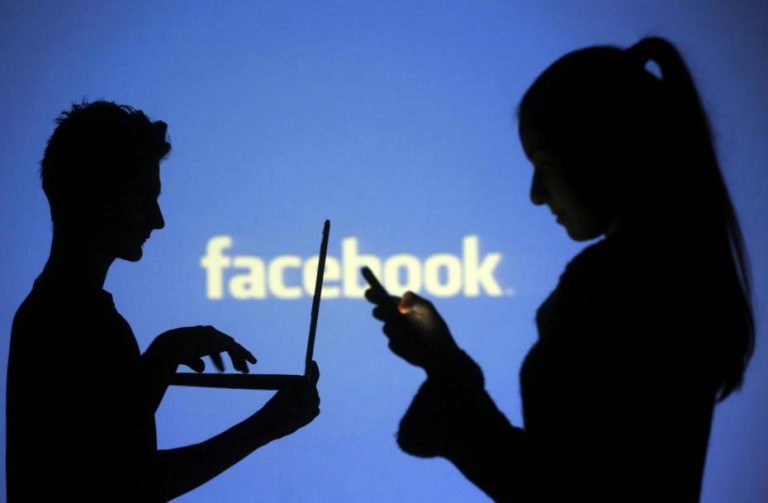The internet has made a lot of things possible: fast ordering, easy payment, timely delivery of goods, and customized advertisements. What do we offer in exchange? The answer is simple: our data.
Few people can provide a sensible answer when you ask if they know how much data they’ve disclosed, much less where and to whom. This data often includes their date of birth, name, address, other contact details, bank accounts, credit cards, and more. Companies like Facebook store this information in their databases and use it to identify you.
Data accumulation isn’t necessarily a bad thing. unmask.com and other data providers give us access to very useful information.
Contents
Your Digital Trace
You’re leaving a digital footprint every time you go online. Facebook collects far more than basic data like name and age. It collects likes, comments, photos, and videos that appear in your feed. It gathers many moments of our lives; intimate, mundane, and sometimes both. It captures all interactions with family and friends. Google captures every search. Siri and Alexa capture all commands. It’s no wonder that more and more people want to know what their data is worth and who’s getting it.
It’s not easy to calculate user data value, however. Data estimates can vary a great deal, starting from as little as a dollar for the average person’s data. Other sources report the price per Facebook user data can be as much as $100. US legislators have introduced bills to provide more transparency. However, this may be harder to achieve than widely accepted.
Is Privacy Limited to Personal Data Protection?
Mark Zuckerberg has assured Facebook does not sell data to advertisers. Yet, the medium uses age, interests, gender, and other data provided by people to enable targeted advertising. This is where ads are customized to a specific audience. Advertisers tell the social media giant which demographics they are targeting, and the latter assigns the ads to relevant user accounts. The price per ad depends on how specific the advertiser wants to be.
Whatever Facebook is doing, it seems to be working out very well for them. Their ad revenue amounted to $40 billion in 2017 alone, with an increase of 49% y/y.
The data from different sources, when combined, start generating a clear “portrait” of a person. Your values, wishes, and personal data all blend into an overall image of you. This information is the equivalent of winning the lottery for companies, which want to know what you’re interested in purchasing so they can win you over as their client. Companies leverage data to suggest suitable purchases when we’re gift shopping, for example.
The Risks
As you may suspect, the risks go beyond targeted advertising at your expense. Your data is as valuable to hackers as it is to companies. You might remember 2016’s Facebook – Cambridge Analytica scandal, where what was a purported Cambridge survey harvested huge volumes of data for Trump’s presidential campaign. This hasn’t been the only data privacy scandal in recent years: Marriott, MasterCard, and Equifax have all made headlines. It’s even hard to quantify the damage. Companies that are affected will make every effort to salvage their reputation and fight for their clients.
Privacy is not limited to personal data protection because the data shared by few can yield insights into a lot of people’s lives. For instance, Facebook likes have been shown to predict someone’s sexual orientation accurately. Using purchase data, Target is able to predict pregnancies! Forbes Magazine reported that the retailer learned a girl was pregnant before her father figured it out.
The True Value of Data
Private data isn’t just contained in user information, as this predictive ability has shown. Statistical correlations in user data let companies infer personal details. Obviously, data is more valuable than the sum of its parts. You couldn’t reduce its value to a set number in dollars and cents.
The privacy implications of the ability to categorize people into certain groups using statistical analysis can be far-reaching. The risk of discrimination increases if companies can use statistics to guess a user’s religious denomination, gender, race, and sexual orientation. Once their power is unleashed, predictive analytics will keep working even if people delete the data that was used to create them.
Data Control
Data sensitivity depends on how companies and governments use data to exert influence and what it contains. Research on the Chinese government’s plans to use trustworthiness ratings and national databases to control citizen behavior makes this evident. Facebook, Amazon, and Google’s data collection approach has yielded what scholars call surveillance capitalism, a way to regulate behavior toward the most lucrative outcome. It’s finally time for a real balance of power that will take all involved parties’ interests into account, insofar as possible. It’s an effort we all need to make.

